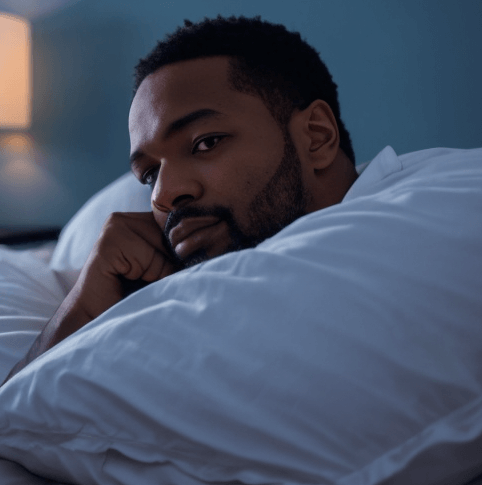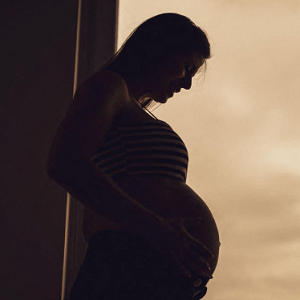Black adults across the United States suffer from sleep problems following exposure to news about unarmed Black individuals killed by police, according to new findings from the University of Pennsylvania Perelman School of Medicine. The study, published in JAMA Internal Medicine, found statistically significant decreases in sleep duration among Black adults after exposure to such deaths. This issue may compound the risk factors that poor sleep already poses for many chronic and mental health conditions, from depression to post-traumatic stress disorder.
Researchers conducted two separate analyses examining changes in sleep duration in the U.S. non-Hispanic Black population before and after exposure to deaths of unarmed Black individuals. The study used data from the Behavioral Risk Factor Surveillance Survey and the American Time Use Survey, along with data on officer-involved killings from the Mapping Police Violence database. The findings showed that Black adults reported increased instances of short sleep (fewer than seven hours a night) and very short sleep (fewer than six hours a night) following these incidents.
“These findings show that poor sleep health is another unfortunate byproduct of exposure to these tragic occurrences,” said Dr. Atheendar S. Venkataramani, the study’s lead author. The study noted no adverse impacts on sleep health for white respondents. In the Behavioral Risk Factor Surveillance Survey, 45.9 percent of Black respondents reported short sleep versus 32.6 percent of white respondents; the corresponding figures for very short sleep were 18.4 percent versus 10.4 percent.
The research underscores the broader impact of police violence on the Black community, highlighting the need for targeted interventions to address these health disparities.



